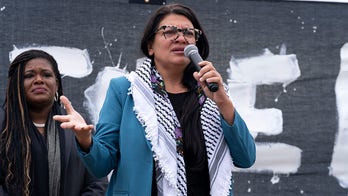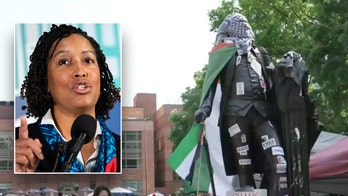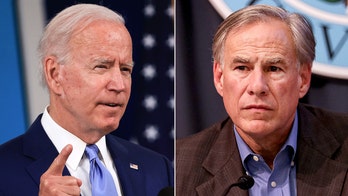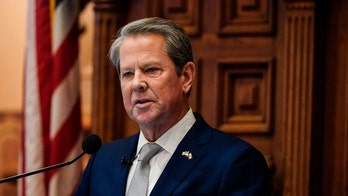President Obama received the troop request from his top commander in Afghanistan a week ago and has yet to act on it. He's been holding strategy meetings with his national security team on the situation in Afghanistan and Pakistan and discussed the issue with British Prime Minister Gordon Brown in a phone call Thursday. Reports say General Stanley McChrystal has recommended 40,000 additional troops for Afghanistan but the President could choose any number of options including not sending any more troops to the region.
One of the questions remaining is what would the mission of those troops be? Fighting the Taliban or fighting al Qaeda? White House Press Secretary Robert Gibbs admitted the problem has been discussed during this week's strategy sessions but would not elaborate on the talks. Gibbs told reporters during the daily briefing that while the two groups might have the same mindset, they do not act in the same way. "[T]here is clearly a difference between an entity that, through a global, transnational jihadist network, would seek to strike the United States homeland, Gibbs went onto note that "the Taliban are obviously exceedingly bad people that have done awful things. Their capability is somewhat different, though, on that continuum of transnational threats." Gibbs says the Obama administration has always focused on al Qaeda as the primary global threat in that region.
One thing the President has been considering before he makes his final troop decision is cost. Gibbs quoted a figure of a billion dollars for every thousand troops per year. Gibbs pointed out that the U.S. does not have "unlimited money" or "unlimited troops" but explained that "as we have a discussion about our spending and our deficits, and how they relate to our fiscal health, certainly the amount of money that we spend overseas has always played a role in that and I assume will continue to do so."




